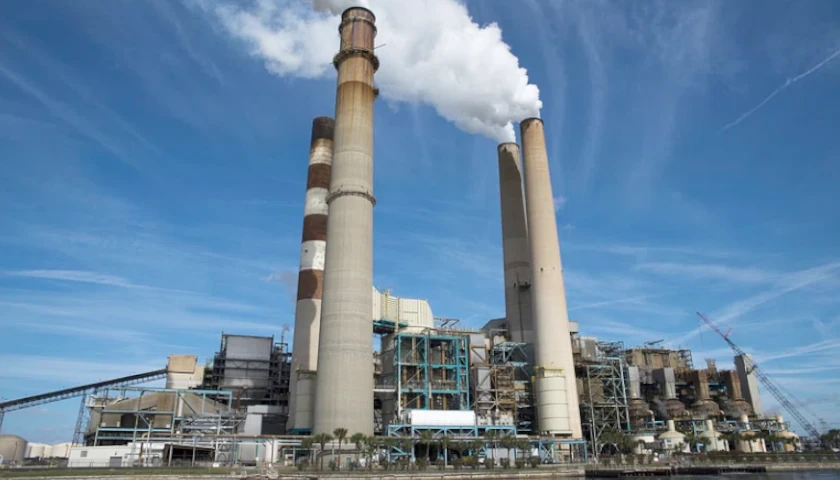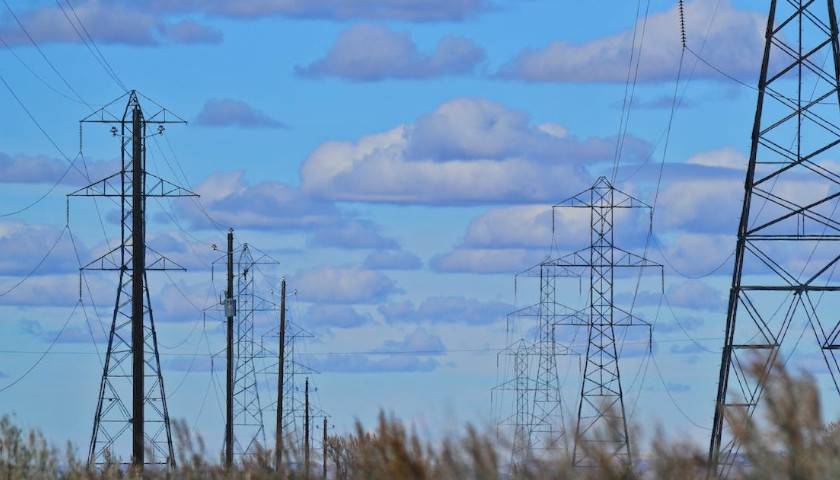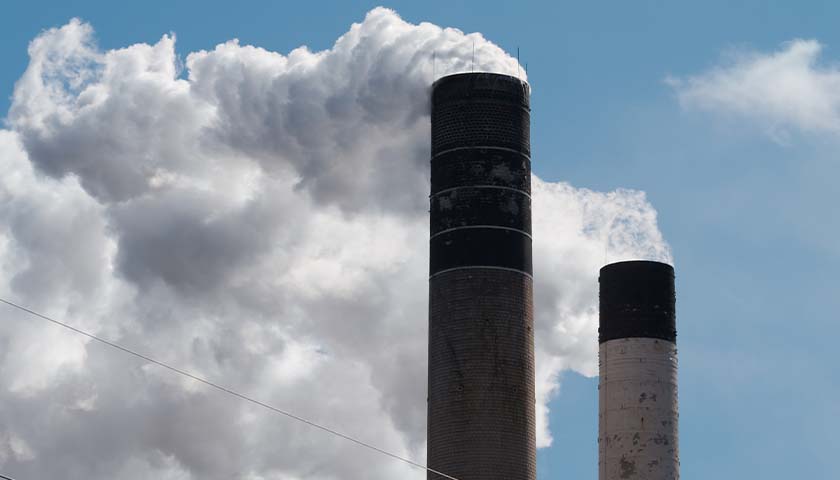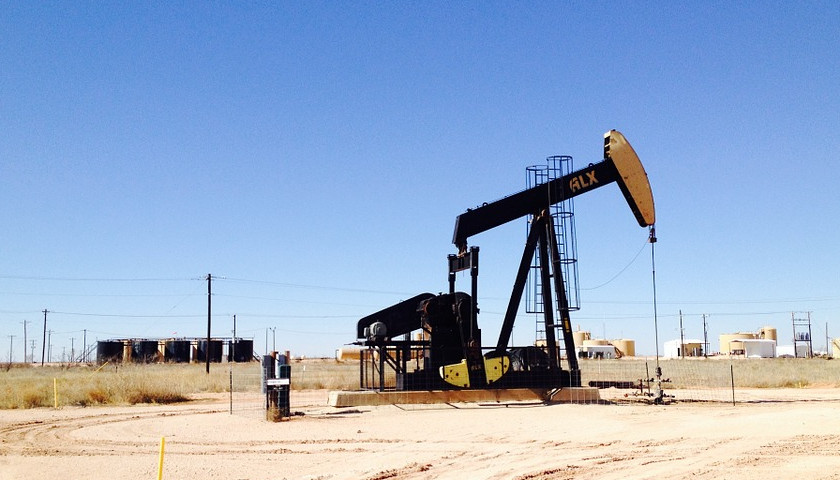It didn’t make a ton of news in the United States media, but a new study published by the International Energy Agency in mid-October emphasizes the enormous potential roadblock to a successful energy transition posed by a projected need to refurbish and double capacity on global electricity grids.
The study, titled, “Electricity Grids and Secure Energy Transitions,” advises governments that investments in expanding and refurbishing power grids must “nearly double by 2030 to over USD 600 billion per year after over a decade of stagnation at the global level, with emphasis on digitalising and modernising distribution grids.” That level of new investment in just this single piece of the overarching plans for a complete re-tooling of the global energy system is not currently a part of existing policies around the world. Given that most developed countries are already saddled with overwhelming public debt and the lack of means in developing countries, the prospect for a doubling of current grid investments seems dubious at best.
Read More







